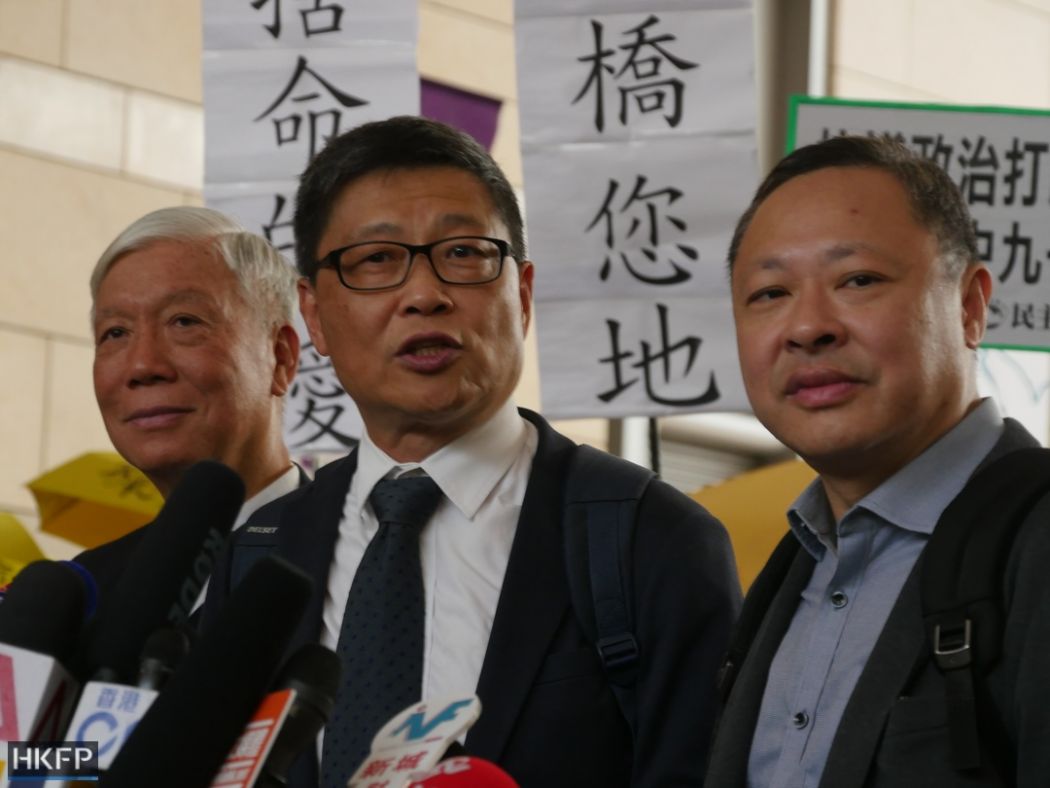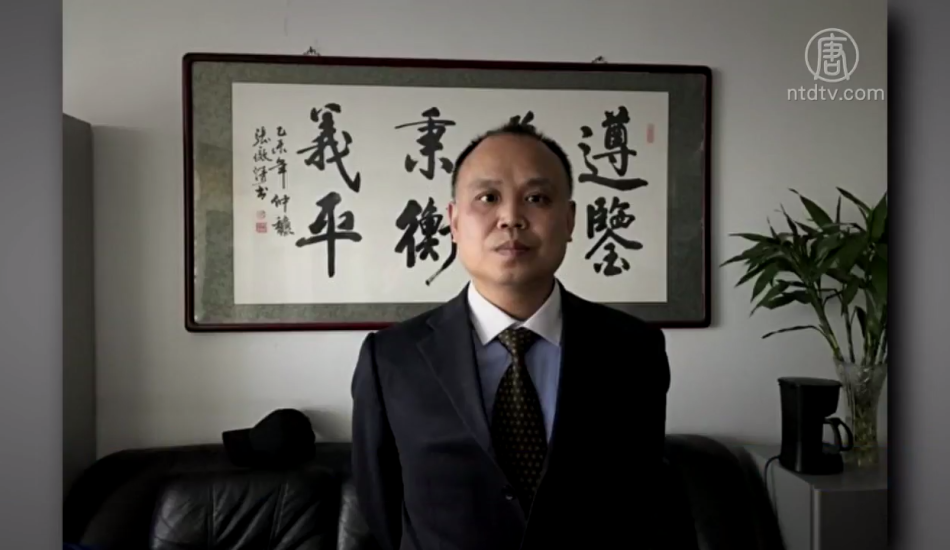
Umbrella activists convicted in Hong Kong
Nine leading activists of Hong Kong’s Umbrella Movement were convicted under colonial-era “public nuisance” laws, concluding the city’s most politically charged trial in years. The nine may face up to seven years in prison. They include the famous “Occupy Trio”—legal scholar Benny Tai, sociology professor Chan Kin-man and Rev. Chu Yiu-ming. The Umbrella Movement was the biggest pro-democracy protest in Hong Kong’s history, with thousands occupying the city’s central districts for several weeks between September and December 2014.



